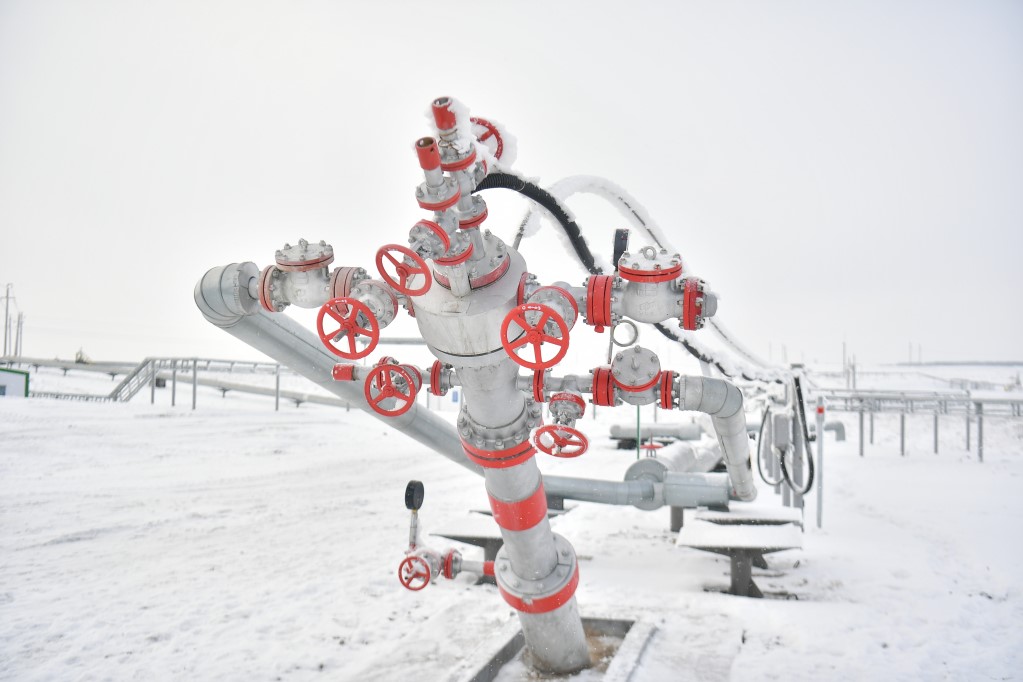RUSSIA MONITOR
Date: 19 August 2019
Russia Reduces Oil Export Duties
Starting on September 1, 2019, Russia will apply a new adjustment reducing its crude exports duties by $3.4 per ton, the Russian Finance Ministry has informed. The government has decided to minimize duty tariffs from petroleum products while remaining at zero these for liquefied gas. These changes have come in the aftermath of applying further changes in relation to a so-called tax maneuver. Its vital purpose is to introduce a change of how the oil sector depends on the budget, with oil extraction being prevalent over its exports. This gives priority to the country’s biggest crude exporters, with state-controlled Rosneft at the helm.

The average price of domestic oil Urals was $61.4 per barrel, or $448.5 per ton, for the period from July 15 to August 14, 2019. Starting on September 1, 2019, Russia is expected to fall to $90.1 to $94.1 per ton. The duty rate on oil for a number of oilfields in Eastern Siberia will remain at zero, which goes in line with the new level of the duty as agreed within the so-called tax maneuver in the domestic oil industry. The duty on high viscosity petroleum will be down to $9.0 from $9.4 per ton. The duty on light oil products and oils is foreseen to drop to $27.2 from $28.2 per ton, and on heavy petroleum products – to $90.7 from $94.1.
The duty on gasoline exports will drop from $28.2 to 27.2 per ton. Export of a ton of naphtha will be dutiable at $49.8 per ton, contrary to the current rate standing at $51.7. Also, the coke duty will decrease from $6.1 to 5.8 per ton. Starting from September 1, 2019, the customs duty on liquefied natural gas (LNG) and LPG clean fractions will be still zero.
Support Us
If content prepared by Warsaw Institute team is useful for you, please support our actions. Donations from private persons are necessary for the continuation of our mission.
Earlier the government of the Russian Federation had introduced new adjustments to how oil exports duties were calculated while including their being at zero as part of the so-called tax maneuver. A relevant decision was signed on December 14, 2018, by Russia’s Prime Minister Dmitry Medvedev. The document has provided for setting different ways of calculating customs duty rates from January 1, 2019. It stipulates a factor of gradual zero customs tariffs to be imposed by 2024. The tax maneuver in the oil sector simultaneously provides for a gradual hike in the mineral extraction tax (MET, or NDPI in Russian). Such a strategy envisaging zero-rate duties to be set on crude and petroleum products and an increase in the mineral extraction tax has been in place since 2015 when oil tariffs were reduced by up to 30 percent per barrel, a step that decreased margins of the refineries. In 2017, oil companies protested against the complete elimination of duty. They were supported by Russia’s Ministry of Energy whose representatives argued that such a decision ought to have been delayed by seven years, by 2024.
All texts published by the Warsaw Institute Foundation may be disseminated on the condition that their origin is credited. Images may not be used without permission.














